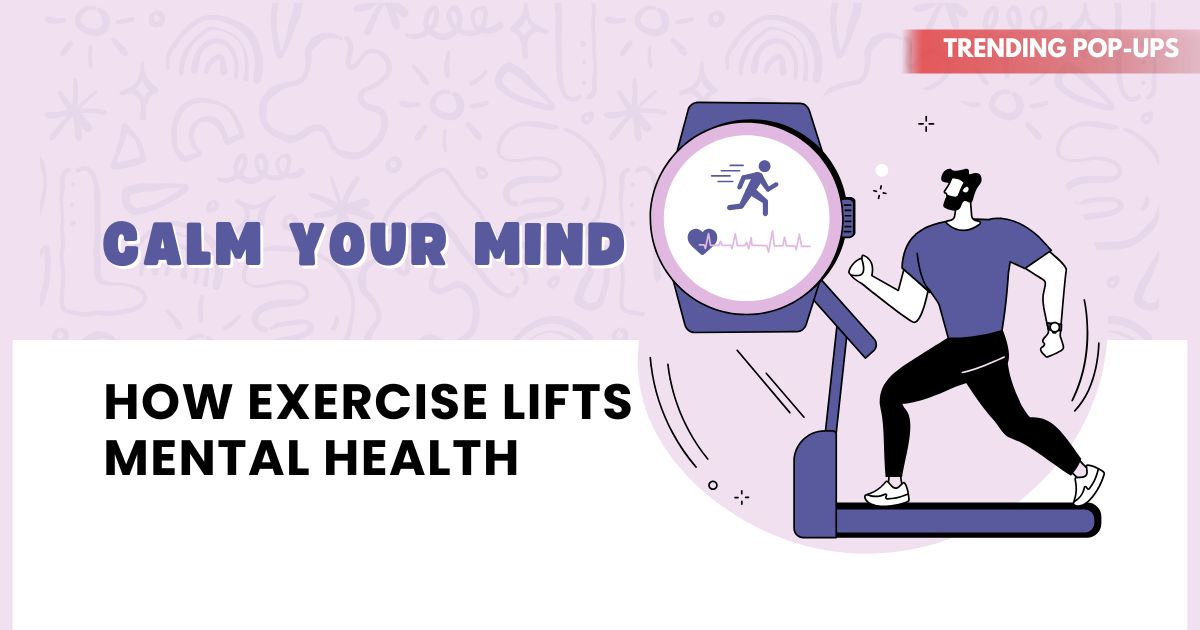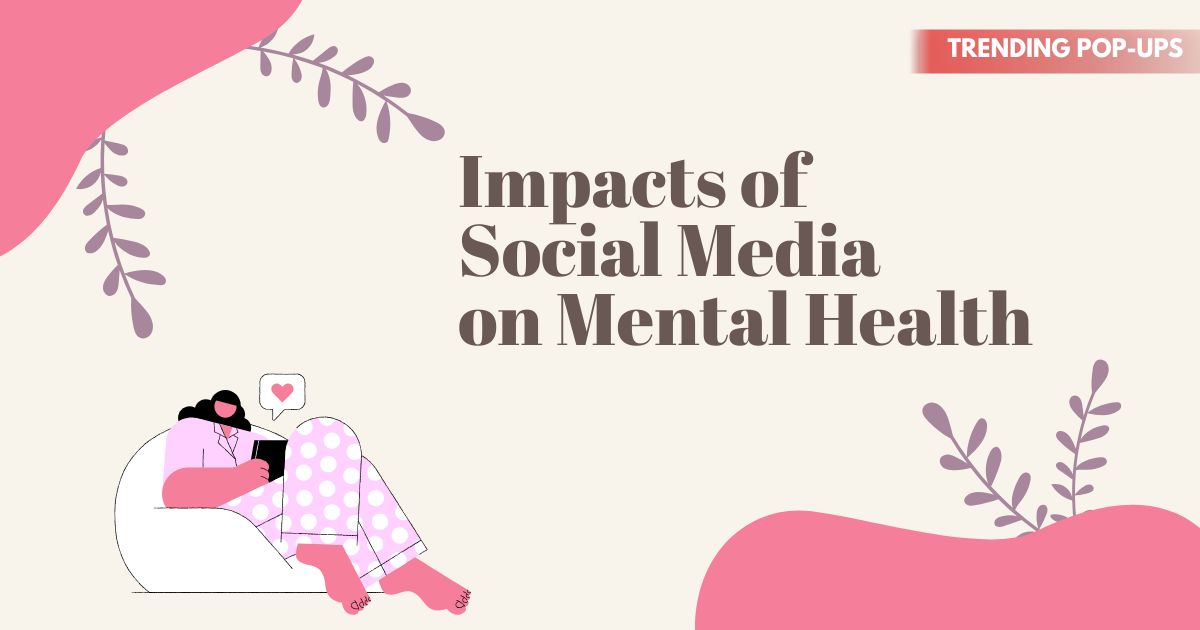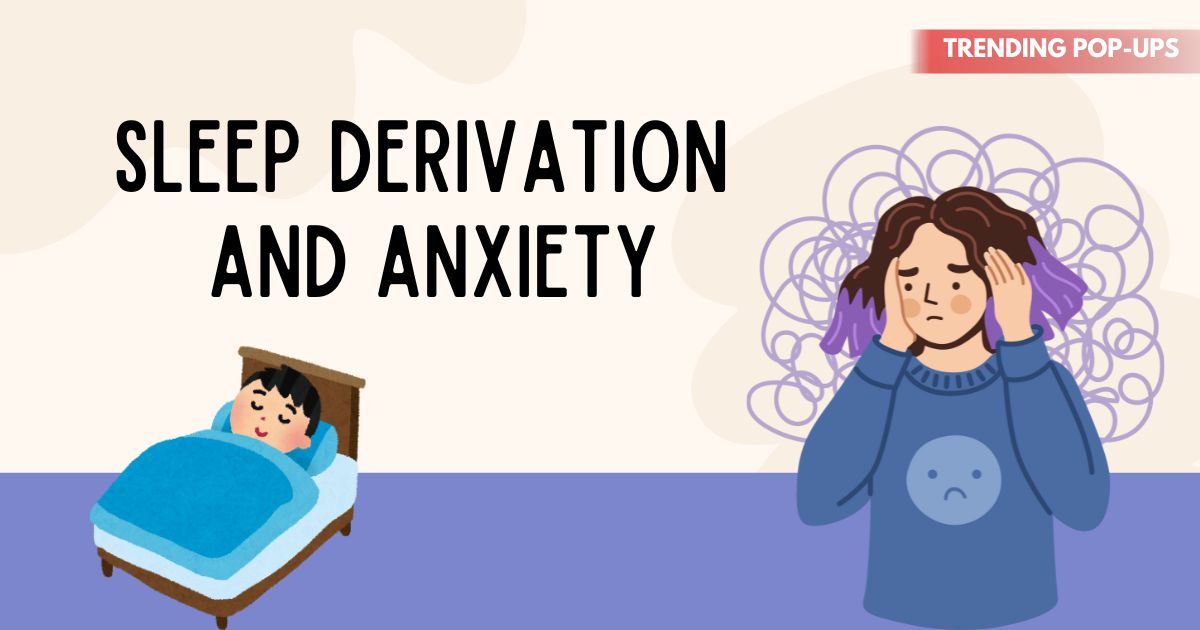Modern life often feels overwhelming. Between work deadlines, financial pressures, and the constant stream of digital distractions, it’s easy for stress and anxiety to build up. While therapy, mindfulness, and self-care are powerful tools, one of the most underrated ways to improve your emotional well-being is through exercise.
Research consistently shows that physical activity doesn’t just strengthen your body—it also lifts your mood, reduces anxiety, and helps you think more clearly. In fact, exercise is often called “nature’s antidepressant” because of its ability to calm the mind and enhance mental health.
Let’s dive into how movement benefits your brain and how you can use exercise as a tool for emotional balance.
The Science Behind Exercise and Mental Health
When you exercise, your body undergoes a series of changes that directly affect your brain chemistry:
-
Endorphin release: Physical activity stimulates the production of endorphins, chemicals that act as natural mood elevators and pain relievers.
-
Serotonin and dopamine boost: Exercise increases the levels of these neurotransmitters, which play a key role in regulating mood and motivation.
-
Stress hormone reduction: Cortisol and adrenaline, the body’s primary stress hormones, decrease with consistent physical activity.
This powerful chemical shift explains why even a short workout can instantly make you feel calmer and more energized.
Exercise Reduces Stress and Anxiety
If you’ve ever gone for a walk after a stressful meeting or jogged after a long day, you know how quickly movement melts away tension. Exercise helps regulate the body’s stress response by:
-
Lowering heart rate and blood pressure
-
Relaxing tight muscles caused by anxiety
-
Redirecting focus away from racing thoughts
Activities like yoga, swimming, or cycling provide rhythmic, repetitive movements that create a calming effect similar to meditation.
Exercise and Depression: A Natural Mood Booster
Studies show that regular exercise can be as effective as medication for mild to moderate depression. Movement promotes the growth of new brain cells and improves connections in the hippocampus—the area of the brain that regulates mood.
Even small efforts matter. A 30-minute brisk walk, three to five times a week, has been proven to significantly reduce symptoms of depression. The key is consistency, not intensity.
How Exercise Improves Sleep and Mental Clarity
Poor sleep is a common side effect of stress and anxiety, which then worsens mental health. Exercise can break this cycle by:
-
Helping you fall asleep faster
-
Deepening sleep quality
-
Regulating your natural sleep-wake cycle
Better rest translates to improved focus, sharper memory, and greater resilience against daily stressors.
The Social Connection of Movement
Exercise isn’t always a solo activity—it often brings people together. Joining a fitness class, running club, or recreational sports team creates opportunities for social interaction, which is crucial for emotional well-being.
Social connections formed through exercise provide:
-
A sense of belonging
-
Emotional support
-
Accountability for maintaining healthy habits
This added layer of community boosts mental health even more.
Types of Exercise That Benefit Mental Health
Not all movement has to involve high-intensity workouts. The best form of exercise is the one you enjoy and can stick to. Here are some effective options:
-
Aerobic exercise: Walking, jogging, swimming, cycling—great for releasing endorphins and reducing stress.
-
Strength training: Lifting weights or bodyweight exercises not only build physical strength but also increase self-confidence.
-
Yoga and Pilates: Combine physical movement with breathing techniques to reduce anxiety and improve mindfulness.
-
Mindful movement: Tai chi and qigong focus on slow, deliberate movements that calm the nervous system.
How Much Exercise Do You Need for Mental Health?
You don’t need hours in the gym to feel the benefits. Experts recommend:
-
150 minutes of moderate activity per week (like brisk walking), or
-
75 minutes of vigorous activity per week (like running).
Even 10–15 minutes a day can have noticeable effects. The secret is consistency over perfection.
Making Exercise a Habit for Your Mind and Mood
Building a sustainable routine doesn’t have to be complicated. Try these tips:
-
Start small: Begin with short walks or light stretching.
-
Pick enjoyable activities: If you love dancing or hiking, choose those instead of forcing a workout you dislike.
-
Use movement as a stress break: Replace doom-scrolling with a 10-minute walk.
-
Pair exercise with mindfulness: Focus on your breath and body during activity for extra calming benefits.
Long-Term Mental Health Benefits of Exercise
Over time, the mental health benefits of regular movement become even stronger. With consistency, you may experience:
-
Lower risk of depression and anxiety disorders
-
Improved self-esteem and body image
-
Enhanced resilience against life’s challenges
-
Better emotional regulation and patience
Exercise becomes more than a fitness routine—it becomes a lifestyle of mental well-being.
Also Read : How CBT (Cognitive Behavioral Therapy) Can Calm Anxiety
FAQs
Q1. Can exercise replace therapy or medication for mental health?
Not entirely. While exercise is a powerful tool, it works best alongside professional care when dealing with moderate to severe mental health conditions.
Q2. How quickly will I notice the mental benefits of exercise?
Some benefits, like reduced stress, can be felt immediately after a workout. Long-term improvements in mood and resilience may take several weeks.
Q3. What if I hate traditional workouts?
Any activity that gets you moving counts. Dancing, gardening, hiking, or even playing with pets can provide mental health benefits.
Q4. Is morning or evening exercise better for mental health?
Both times are effective. Morning workouts can set a positive tone for the day, while evening exercise helps release accumulated stress.
Q5. Can too much exercise harm mental health?
Yes. Over-exercising without rest can lead to burnout, fatigue, and increased anxiety. Balance is key.



